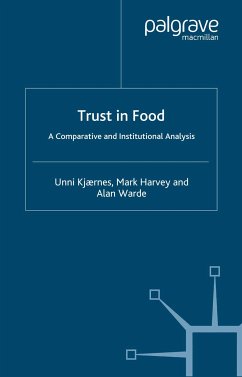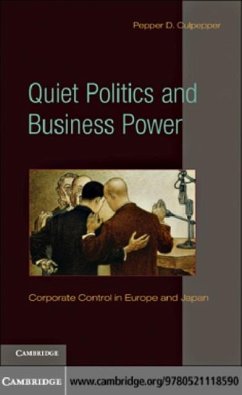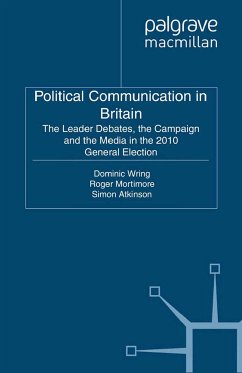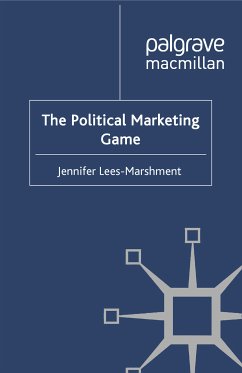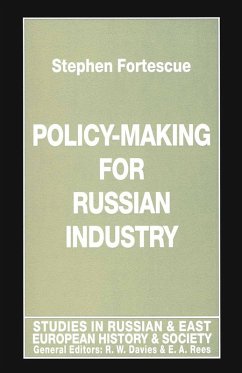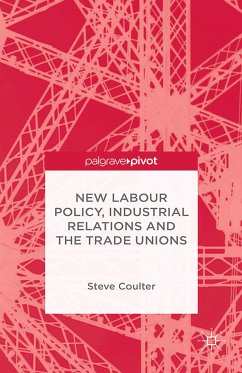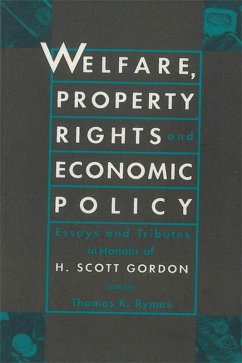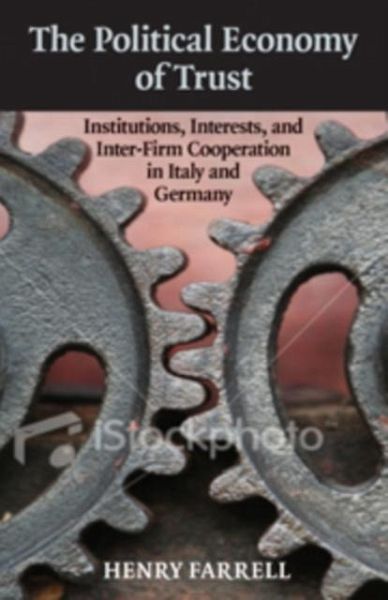
Political Economy of Trust (eBook, PDF)
Institutions, Interests, and Inter-Firm Cooperation in Italy and Germany
Versandkostenfrei!
Sofort per Download lieferbar
27,95 €
inkl. MwSt.
Weitere Ausgaben:

PAYBACK Punkte
14 °P sammeln!
Trust and cooperation are at the heart of the two most important approaches to comparative politics - rational choice and political culture. Yet we know little about trust's relationship to political institutions. This book sets out a rationalist theory of how institutions - and in particular informal institutions - can affect trust without reducing it to fully determine expectations. It then shows how this theory can be applied to comparative political economy, and in particular to explaining inter-firm cooperation in industrial districts, geographical areas of intense small firm collaboratio...
Trust and cooperation are at the heart of the two most important approaches to comparative politics - rational choice and political culture. Yet we know little about trust's relationship to political institutions. This book sets out a rationalist theory of how institutions - and in particular informal institutions - can affect trust without reducing it to fully determine expectations. It then shows how this theory can be applied to comparative political economy, and in particular to explaining inter-firm cooperation in industrial districts, geographical areas of intense small firm collaboration. The book compares trust and cooperation in two prominent districts in the literature, one in Emilia Romagna, Italy, and the other in Baden-Wurttemberg, Germany. It also sets out and applies a theory of how national informal institutions may change as a result of changes in global markets, and shows how similar mechanisms may explain persistent distrust too among Sicilian Mafiosi.
Dieser Download kann aus rechtlichen Gründen nur mit Rechnungsadresse in A, B, BG, CY, CZ, D, DK, EW, E, FIN, F, GR, HR, H, IRL, I, LT, L, LR, M, NL, PL, P, R, S, SLO, SK ausgeliefert werden.




